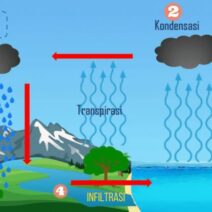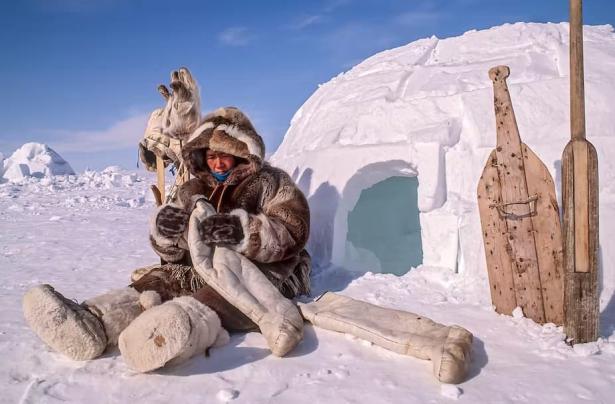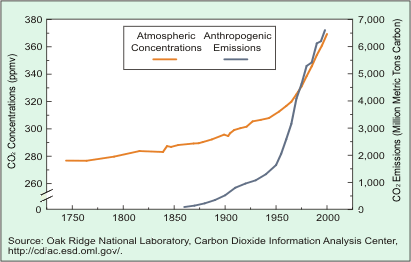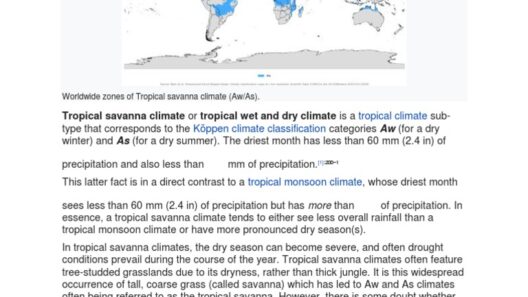As global temperatures rise and climate discussions gain urgency, the question of longevity in cold climates emerges as a point of intrigue. Initially, one might find it counterintuitive that individuals residing in frigid environments could potentially experience a lengthier lifespan than those in warmer regions. However, a series of studies and observations invite a more nuanced understanding of this phenomenon.
To delve into the premise of whether people in cold climates live longer, we must first consider the biological and environmental factors that contribute to human vitality. Cold climates impose a myriad of challenges, requiring adaptive physiological responses. These adaptations can enhance resilience, leading to improved overall health. For instance, recent research indicates that living in lower temperatures may boost metabolic efficiency and reduce the incidence of certain chronic diseases.
One of the compelling aspects of cold climates is how they shape lifestyle patterns. Individuals in these environments often engage in increased physical activity, driven by necessity. Outdoor labor, whether it involves shoveling snow or winter sports, encourages a more active lifestyle than that found in temperate climates, where leisure activities might shift indoors during colder months. This constant engagement with the outdoors can enhance cardiovascular health and promote a sense of well-being.
Moreover, the dietary habits of people living in colder regions cannot be overlooked. Traditional diets in these areas often emphasize nutrient-dense foods rich in omega-3 fatty acids—an essential component for heart health typically sourced from fish. The consumption of such foods, coupled with a lower intake of processed items, creates a healthy foundation that may contribute to longer life expectancies.
Another critical factor to consider is the impact of cold climates on mental health. Interestingly, communities in these regions are often more tightly knit. The necessity of coming together for communal winter activities fosters social bonds that provide emotional support. Loneliness and isolation—a significant detractor from longevity—are less likely to take hold in these environments. Consequently, communal ties may enhance resilience against mental health issues, which has indirect benefits on physical health.
In our analysis, we must pay attention to geographical nuances. While Northern European countries demonstrate a higher quality of life due to advances in healthcare, education, and social systems, the correlation between cold climate and longevity could be largely influenced by these socio-economic factors. Countries like Norway and Sweden, with their exceptionally high living standards, often report longer lifespans. Thus, it becomes imperative to differentiate cold individuals who are part of affluent societies from those in harsh, economically disadvantaged situations.
Despite the positive aspects, there are also challenges unique to cold climates that could negate some of the benefits. Extreme weather conditions can lead to higher risks of accidents and fatalities. Moreover, colder temperatures often exacerbate certain health conditions, including respiratory issues and cardiovascular disease. Even so, the overall societal and environmental adaptation strategies that have developed in these regions can mitigate these vulnerabilities.
Furthermore, researchers have explored how prolonged exposure to cold can cue a state of hormesis—a biological phenomenon where mild stressors prompt an adaptive response that enhances health. This suggests that those accustomed to frigid temperatures develop physiological advantages, including improved immune responses and enhanced longevity profiles.
Considering all factors involved, the narrative around longevity in cold climates is multifaceted and intricate. It warrants understanding beyond mere statistics. The interplay of environmental, biological, and social influences paints a holistic picture. While the promise of living longer in cold climates stands on firm ground through various studies, one must remain cognizant of accompanying variables that can skew these findings.
One intriguing theory worth noting is the relationship between climate, hypoxia, and longevity. Some research posits that lower oxygen levels prevalent in higher altitudes, often associated with colder regions, may induce beneficial physiological changes. Such adaptations could lead to enhanced oxygen utilization and improved cardiovascular health. As such, it raises the questions: Are people in high-altitude, cold environments truly healthier due to their altitude, or is it merely an illusion created by their unique lifestyle choices?
Ultimately, the perspective surrounding longevity in cold climates suggests that survival is less about temperature alone and more about how individuals respond to their environmental stimuli. In cold climates, the combination of physical fitness, communal support, dietary practices, and intricate adaptive biological mechanisms converges, culminating in a phenomenon that merits further exploration.
As society grapples with climate change and its implications for human health, the narrative surrounding cold climates may shift from one of hardship to one of holistic vitality. Observing and learning from populations that thrive in colder climates can lead to revolutionary insights into public health strategies, healthcare provision, and lifestyle choices globally. Embracing this shift in perspective could redefine how we comprehend the relationship between climate, adaptation, and ultimately, lifespan.








